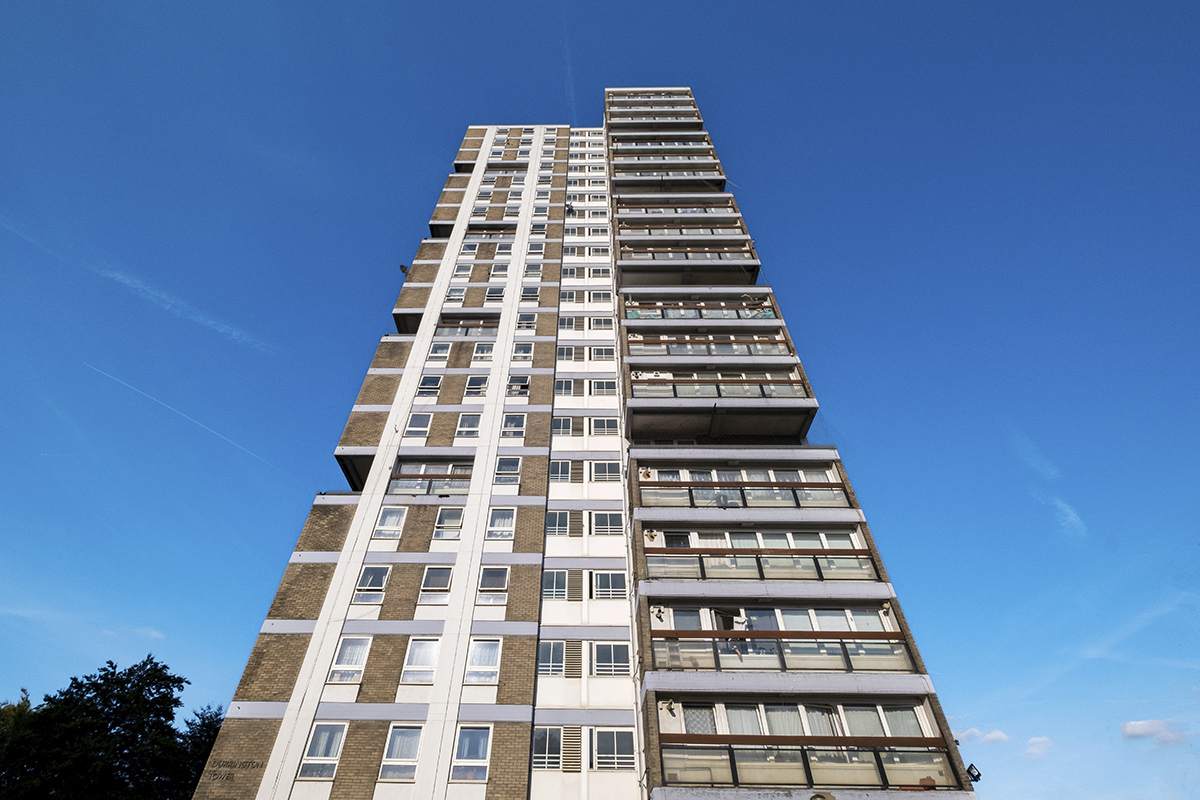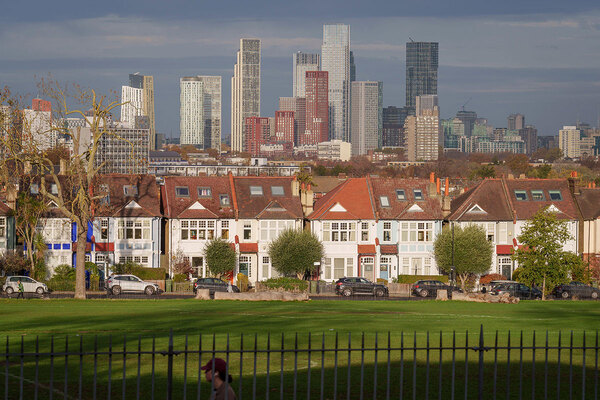London Councils warns of major legal barriers to retrofitting leasehold homes
London Councils has warned of major legal barriers to retrofitting leasehold homes in mixed-tenure buildings.

In a report titled Retrofit London, the council membership group said that many residents in mixed-tenure buildings are being excluded from retrofit projects because of legal barriers.
According to London Councils, one of the main legal barriers to retrofitting leasehold homes is the restrictions on residential long leases.
These can be “decades old” and many leases do not allow for improvements on common parts of the building at all, providing only for repair and maintenance. Meanwhile, updating or revising leases is “legally difficult”.
Even where leases do allow retrofit works, compliance with statutory processes – to allow the building landlord to recover the cost of works from leaseholders – takes time and can be complex.
Legal disputes are “not uncommon”, the report noted. This is because current funding schemes do not give councils sufficient time to go through the leasehold consultation processes, despite it being required by law.
Another issue is ‘Florrie’s Law’, which limits cost recovery from London leaseholders to £15,000 over five years when government support is provided.
“Currently, different councils take different approaches, with some interpreting the rules in a way that severely limits retrofit action,” London Councils said.
The legal complexity means there is uncertainty for both the landlord and leaseholders. This makes it harder for landlords to access grant funding and work together with leaseholders on financial plans that could cover some of the costs.
This is especially concerning because London has the most leasehold properties in the country.
The report said leasehold law must be reformed to allow retrofit to proceed over the next decade. It noted that the government has stated its intention to move away from the leasehold system in England, but said “this is likely to be a very long-term process”.
It called for primary legislation to ensure all existing leases provide for retrofit improvements. In addition to secondary regulation for leaseholder consultation, cost recovery should be reviewed and updated to streamline processes and provide greater clarity for leaseholders and landlords.
Kieron Williams, executive member for climate, transport and environment at London Councils, said: “Making it easier for leaseholders to carry out improvements to their homes is an important issue for London – more than a third of all homes in the city are owned by leaseholders, including 62% of flats.
“We also have 379,000 households living in fuel poverty in London, partly due to the number of cold and poorly insulated homes in the capital.
“With 31% of London’s carbon emissions coming from domestic buildings, not only will these improvements lower energy bills, but they will play a vital role in achieving our goal to reduce carbon emissions across the capital.”
Other recommendations in the report included an adjustment to cost recovery rules, so boroughs can recover retrofit costs in a fair and consistent manner without placing excessive financial pressure on leaseholders.
Local authorities should prioritise blocks and estates with leases that allow for retrofit projects and to develop flexible financing models to improve affordability.
Collaborative solutions with other boroughs can also be sought, with housing associations and legal experts and share best practice across London and lobby the government for grant flexibility.
They should also work with legal experts to navigate the complexities of existing lease agreements and work with leaseholders’ associations to build collective support for retrofitting initiatives.
Reforms under the current Leasehold and Freehold Reform Act 2024 aim to make it easier and cheaper for leaseholders to extend their leases or purchase freeholds.
The government has been asked if it is aware of these legal barriers to retrofitting leasehold homes as part of its work on the bill.


